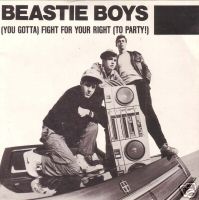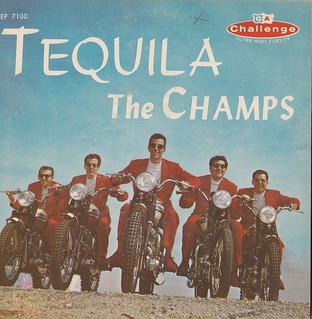From the raucous “(You Gotta) Fight for Your Right (To Party!!!)” to the genre-bending “Intergalactic,” Beastie Boys left an indelible mark on popular music. This New York trio revolutionized hip-hop by infusing it with punk rock energy, witty lyricism, and an eclectic sampling technique. Their discography, spanning tracks like the adrenaline-fueled “Sabotage” and the old-school flavored “Paul Revere,” showcases their ability to evolve while maintaining their signature sound.
The group’s musical journey is a testament to their versatility. Early hits like “No Sleep Till Brooklyn” and “Brass Monkey” established them as party-starting provocateurs. However, albums like Check Your Head and Ill Communication saw them integrating live instrumentation, as evidenced in tracks such as “So What’cha Want” and “Root Down.” This willingness to experiment kept their sound fresh and unpredictable, earning them critical acclaim and a devoted fan base.
Beyond their musical innovations, Beastie Boys also used their platform for social good. The group became increasingly socially conscious over time, addressing issues of diversity and inclusion in their work. “Sure Shot” famously features the line “I want to say a little something that’s long overdue / The disrespect to women has got to be through,” signaling a shift from their earlier, more problematic lyrics. They also supported various charitable causes, including the efforts to rebuild New York City after 9/11. They were vocal supporters of the Milarepa Fund, which worked to promote awareness and activism concerning the Tibetan independence movement. The group organized and headlined the Tibetan Freedom Concert series, which ran from 1996 to 2001, raising both funds and awareness for the cause. This dedication to using their influence for positive change became a defining aspect of their later career. As we look back on their legacy, tracks like “Make Some Noise” and “Don’t Play No Game That I Can’t Win” remind us of the Beastie Boys’ enduring relevance. Their journey from bratty rappers to socially conscious artists mirrors the growth many of their fans experienced alongside them. By consistently pushing boundaries in their music and their activism, Beastie Boys proved that it’s possible to evolve, entertain, and educate all at once.



